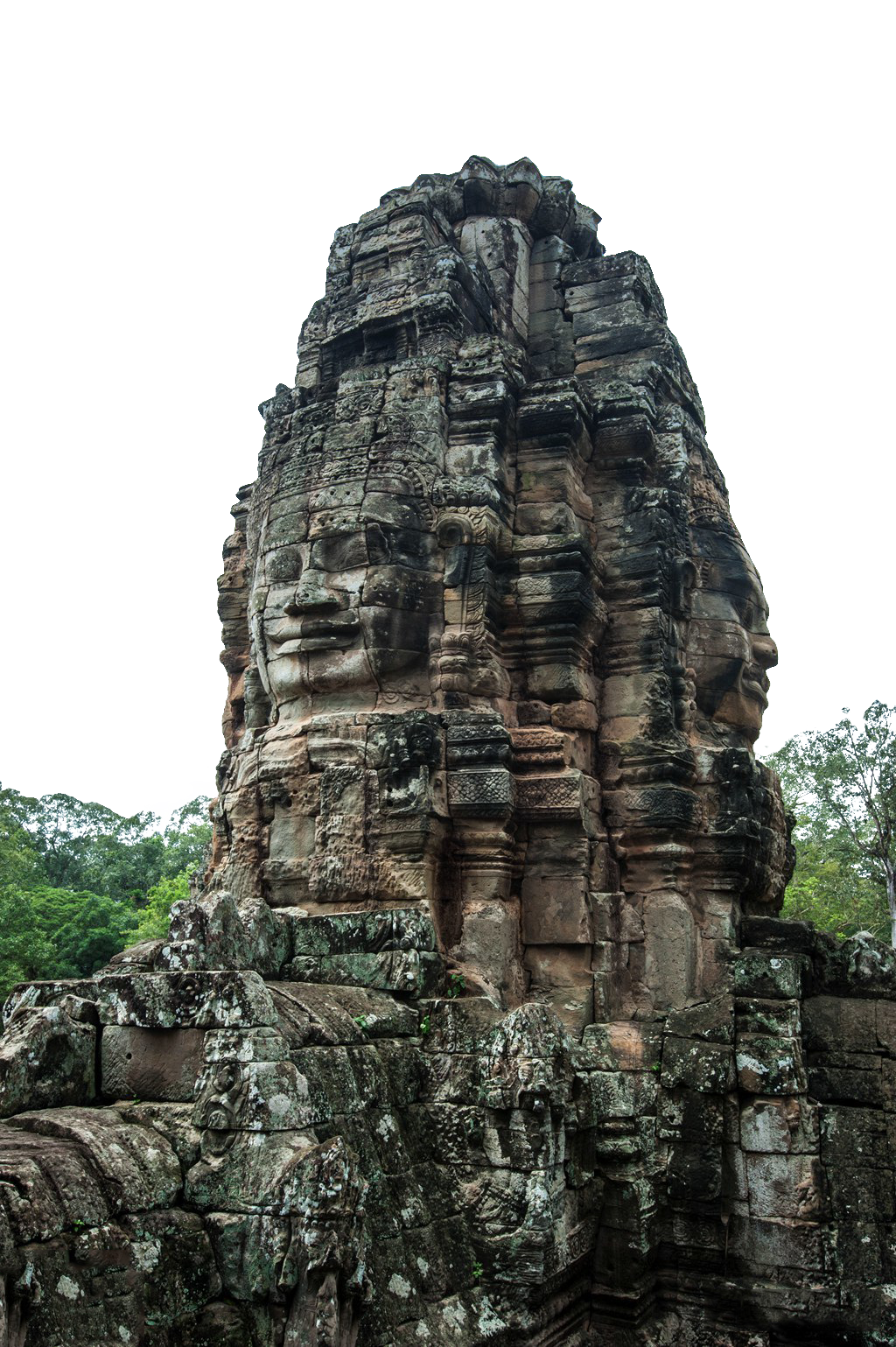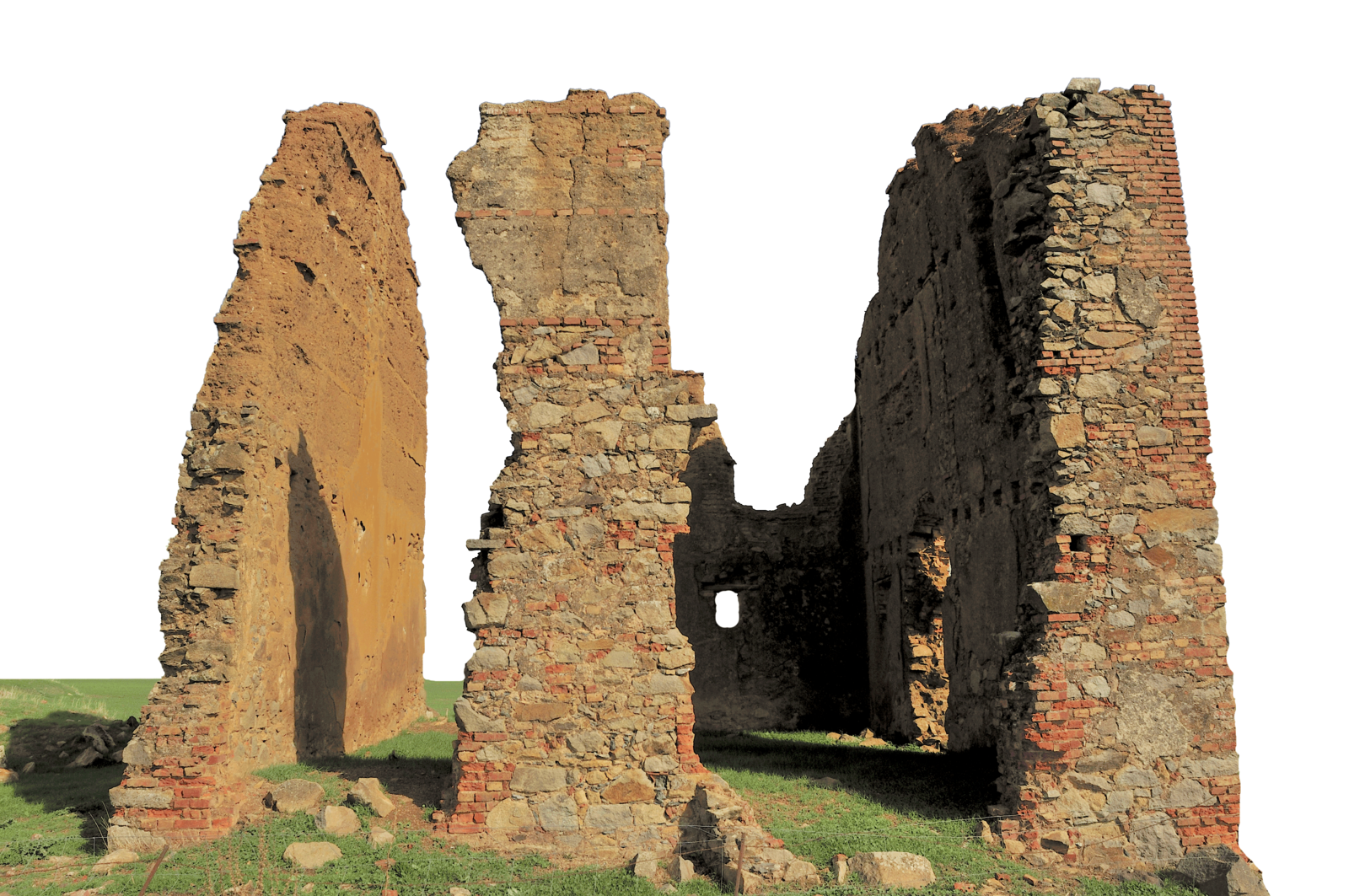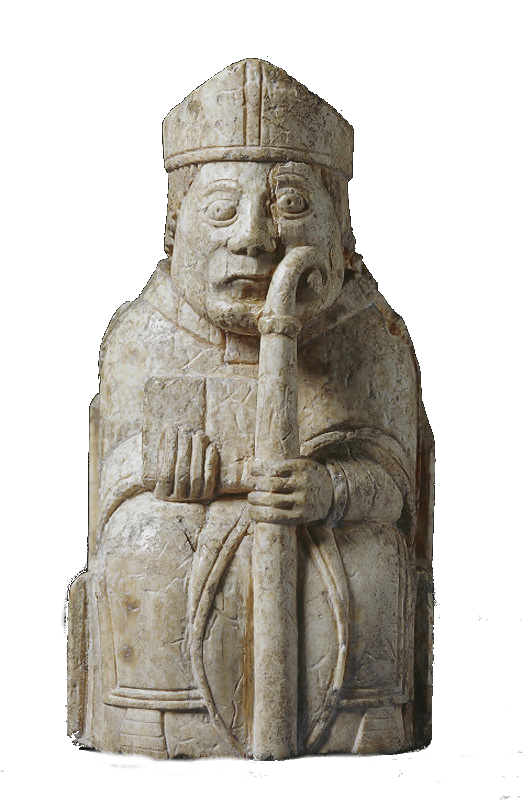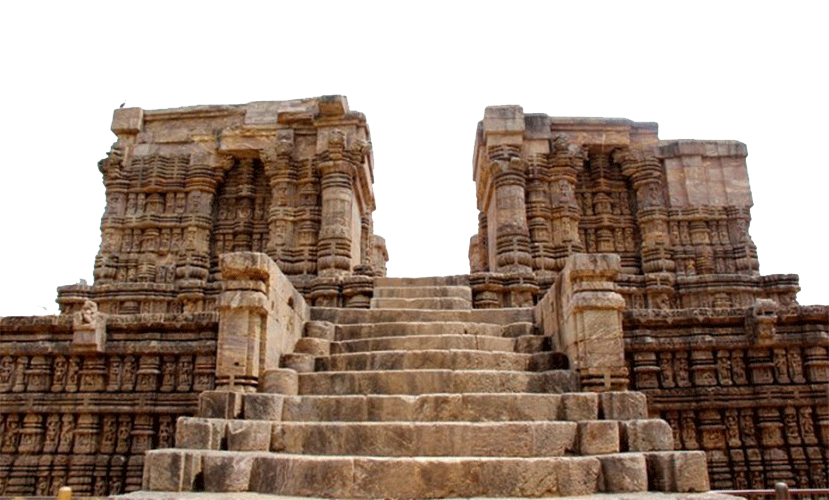Archaeology
Welcome to c/Archaeology @ Mander.xyz!
Shovelbums welcome. 🗿

Notice Board
This is a work in progress, please don't mind the mess.
- 2023-06-15: We are collecting resources for the sidebar!
- 2023-06-13: We are looking for mods. Send a dm to @[email protected] if interested!
About
Archaeology or archeology[a] is the study of human activity through the recovery and analysis of material culture. The archaeological record consists of artifacts, architecture, biofacts or ecofacts, sites, and cultural landscapes.
Archaeology has various goals, which range from understanding culture history to reconstructing past lifeways to documenting and explaining changes in human societies through time.
The discipline involves surveying, excavation, and eventually analysis of data collected, to learn more about the past. In broad scope, archaeology relies on cross-disciplinary research. Read more...
Rules
- Don't throw mud. Be kind and remember the human.
- Keep it rooted (on topic).
- No spam.
- No pseudoscience/pseudoarchaeology.

Links
Archaeology 101:
Get Involved:
University and Field Work:
- Archaeological Fieldwork Opportunities Bulletin
- University Archaeology (UK)
- Black Trowel Collective Microgrants for Students
Jobs and Career:
Professional Organisations:
- Chartered Institute for Archaeologists (UK)
- BAJR (UK)
- Association for Environmental Archaeology
- Archaeology Scotland
- Historic England
FOSS Tools:
- Diamond Open Access in Archaeology
- Tools for Quantitative Archaeology – in R
- Open Archaeo: A list of open source archaeological tools and software.
- The Open Digital Archaeology Textbook
Datasets:
Fun:
Other Resources:

Similar Communities
Sister Communities
Science and Research
Biology and Life Sciences
Plants & Gardening
Physical Sciences
Humanities and Social Sciences
Memes
Find us on Reddit

view the rest of the comments
The Wikipedia entry seems firmly rooted in the post-colonial view. Recognizing the power of Cathaginian culture, technology, and empire seems to be standard these days, but it's useful to consider how our biases can affect our perception of evidence.